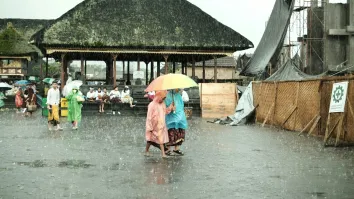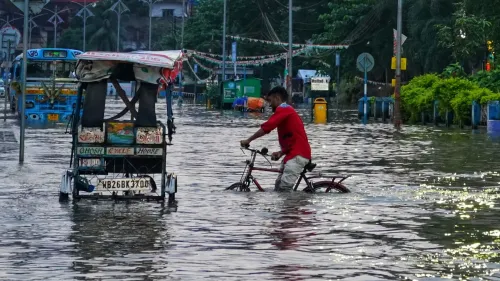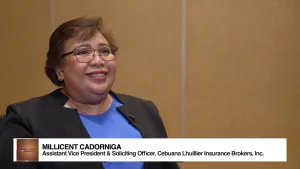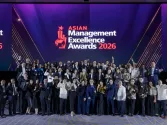
Insurers need to develop new strategies amidst ‘slowbalisation’: Geneva Association
Growth opportunities have been found in political risk and renewable energy insurance.
The impact of reduced globalisation, or "slowbalisation," on the industry is prompting re/insurers to develop better strategies amidst changing risks.
The global economy is shifting from integration to fragmentation as nations prioritise security over efficiency, according to the Geneva Association’s new report, Insurance in a Fragmented World Economy.
The association said that geoeconomic fragmentation disrupts global risk management by weakening multilateral cooperation on issues like climate change, limiting risk diversification in underwriting and investments, and increasing operational challenges due to differing regulations.
However, the report also identified growth opportunities for insurers in areas such as political risk and renewable energy insurance.
The Geneva Association outlines three scenarios—mild, moderate, and extreme fragmentation—and presents strategies for insurers to respond to each.
Managing director Jad Ariss noted that insurers must navigate increasing volatility and restricted diversification whilst capitalising on new growth areas.
Kai-Uwe Schanz, director of Macro & Geoeconomic Shifts and the report’s author, added that whilst full-scale deglobalisation is unlikely, insurers face heightened exposure to risks such as climate change and cybersecurity, making strategic agility crucial.



















 Advertise
Advertise







